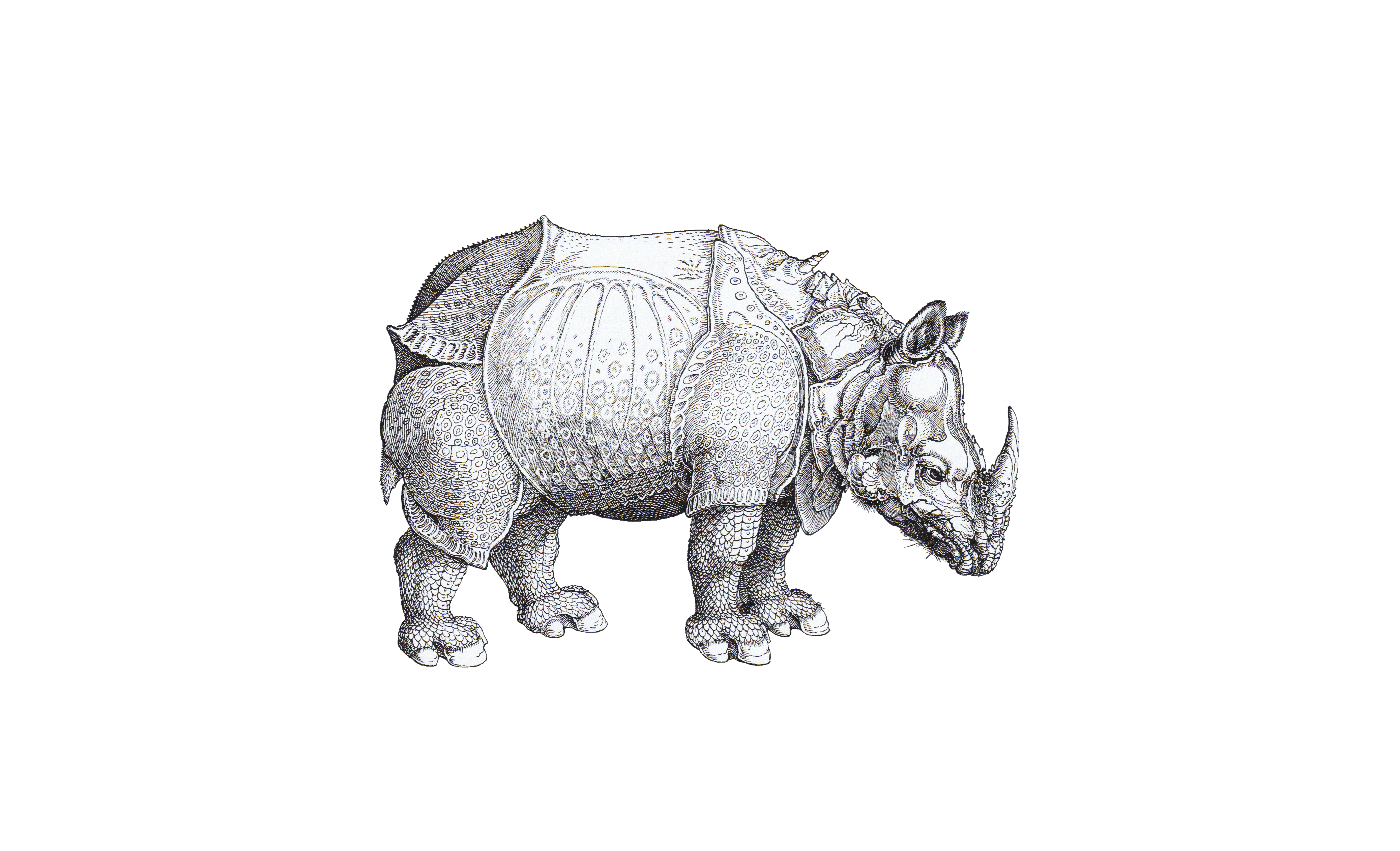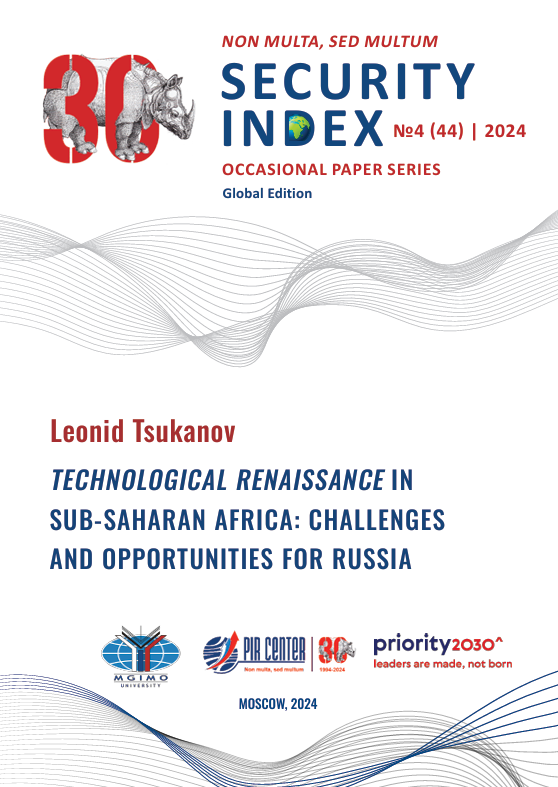MOSCOW. DECEMBER 16, 2024. PIR PRESS. The Security Index Occasional Paper Series came out with the new report «Technological Renaissance in Sub-Saharan Africa: Challenges and Opportunities for Russia» by Dr. Leonid Tsukanov.
This occasional paper takes a look at the potential of Sub-Saharan African (SSA) states in the field of high technologies and the prospects for promoting Russia’s interests in this area. The research focused on studying several categories within the high-tech group, to which Moscow pays increased attention (cybersecurity and emerging technologies, energy, space research, biotechnology). The long-term interests of the SSA States and their achievements in each high-tech sphere, as well as the level of their cooperation with Russia and other global leaders, are assessed.
Key findings:
- The technological dimension of Sub-Saharan African countries is in a phase of active transformation. The majority of regional states view the high-tech sector as a potential area for development and express readiness to invest in its advancement. However, only a smaller portion of them has sustainable positions. The most active players capable of operating in high tech industries on a global level include South Africa, Nigeria, Ghana, and Kenya.
- There is a clear trend towards the transfer of the palm in the competition for influence in the African technological sector to Asian states – and first of all, to China. On the other hand, Western countries still have fairly strong positions in a significant part of sensitive areas, including digital technologies and pharmaceuticals.
- Overall, favorable conditions have emerged in the region for Russia to increase its presence in the national high-tech markets – primarily in the areas of cybersecurity, E-Gov, electronic education, as well as atomic and hydro energy.
- Russia is less subject to the influence of colonial discourse than most competitors, but it faces other restraining factors. Moscow is still in a catch-up position in the race for influence in Sub-Saharan Africa, which is due, among other things, to the long period of absence of stable conductors of Russian interests in the region.
The report has been prepared within the framework of the «Global Security, Strategic Stability, and Arms Control» Project under the auspices of the «Priority-2030» Strategic Academic Leadership Program.
Key words: Africa; Digital Technology
AFR
F4/SOR – 24/12/16


